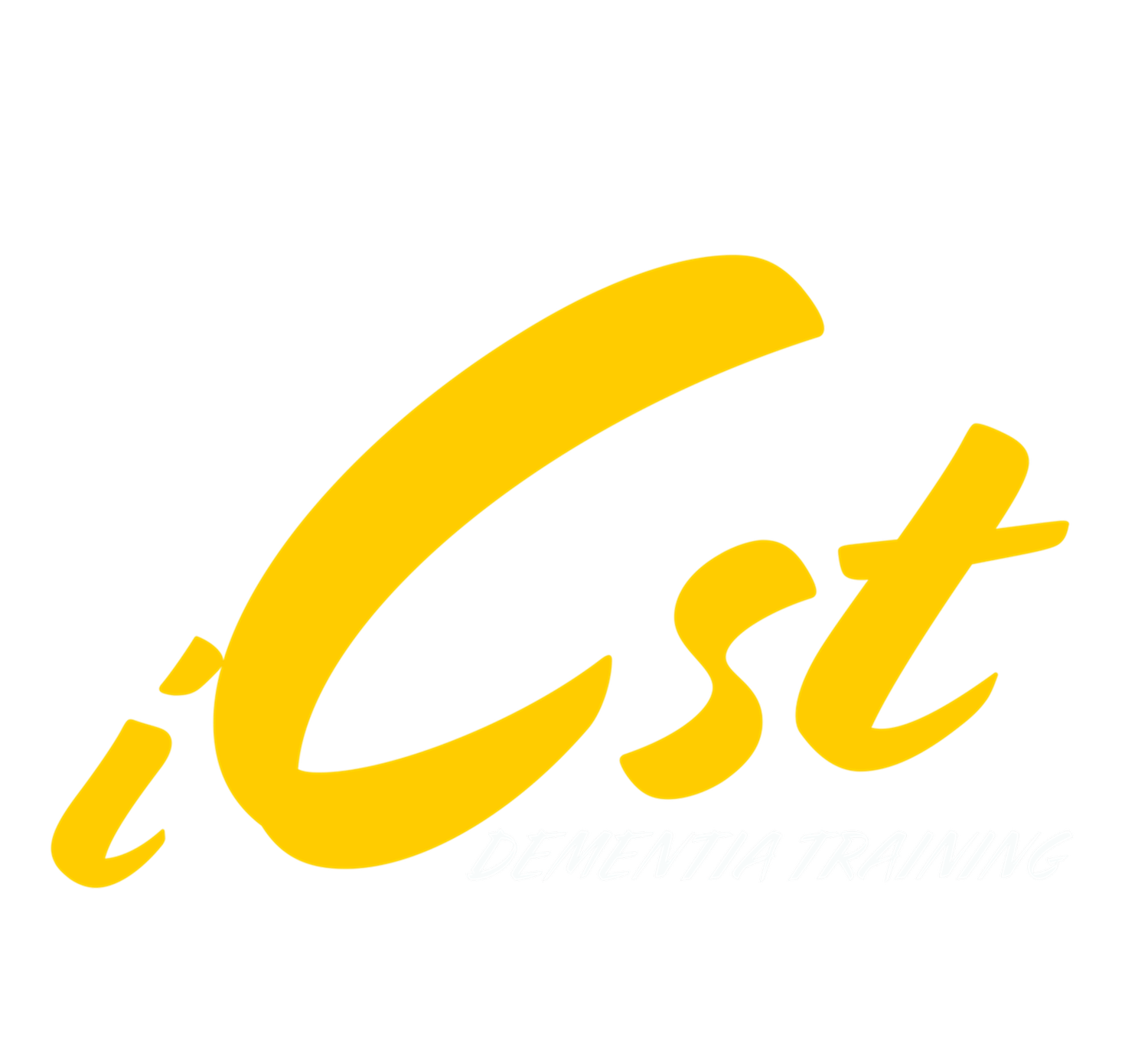Implementing Individual Cognitive Stimulation Therapy for people with dementia during COVID-19
Dr Phuong Leung (PhD in Psychiatry-Fellow of the Higher Education Academy)
Challenges for people with dementia and their carers during
the covid-19 pandemic
Dementia is a chronic neurodegenerative brain disease. People living with dementia may experience many challenges in everyday living due to loss of memory, ability to perform everyday tasks, communication skills, and social participation. During the covid-19 pandemic, people with dementia are hardest hit due to the lockdown and social distancing. Having limited access to invaluable sources and support which take away people with dementia social skills and opportunities of participation in cognitive and psychosocial activities.
The covid-19 pandemic may further lower well-being and increase anxiety and depressive symptoms in people living with dementia. As a result, they may need extra support from their family carers. Higher caring demands may increasingly cause emotional distress and burden amongst family carers. Therefore, it is important to support people with dementia to be mentally active during this challenging time.
Implementing home-based iCST for people with dementia
and their carers
Currently there is no “cure” for dementia. Therefore, cognitive, and psychosocial interventions play a vital role to maintain mentally active and promote independence in dementia. Home-based iCST is an evidence intervention offering mentally stimulating and enjoyable activities for people with dementia and their carers.
iCST consists of 75 structured cognitive stimulation sessions with a variety of themes including life story, word games, quizzes, art, reminiscence, discussion of current affairs and being creative. There are 13 iCST key principles which facilitators must incorporate when delivering sessions. Taking part in iCST provides opportunities for people with dementia to engage in mentally stimulating activities and promote being active in every-day life. Evidence shows that iCST significantly improved the quality of caregiving relationship from the person with dementia perspectives and carer well-being.
Whilst many day centres and activities groups for people with dementia remained closed during the covid-19 pandemic, home-based iCST is increasing importance for many people with dementia and their carers. The iCST intervention can be delivered by family carers or health professionals. It is great to see increasing numbers of health professionals including dementia advisors, supporters, nurses, occupational therapists, psychologists, physiotherapists and home care managers from NHS Trusts and voluntary organisations attending the iCST dementia training. Their enthusiasm in learning how to deliver the iCST intervention to people with dementia and their carers has been inspirational. A specialist nurse practitioner for dementia reported that she had seven families of people with dementia participating in the iCST intervention within a month of attending the training.
Sharing experiences of taking part in the iCST intervention
and attending iCST dementia training
A qualitative study was conducted to explore the experiences of people with dementia and their family carers taking part in the iCST intervention. The findings show that iCST provided the opportunities for people with dementia to engage in mentally stimulating and enjoyable activities that kept “the brain going” and staying alert. They enjoyed doing iCST “even though things might not stay with me… but it’s brilliant”. People with dementia found that doing iCST with their carers “…can get a laugh out of it and the berries come down”. Carers, on the other hand perceived iCST as a tool to frame conversations and enhance the quality of caregiving relationship “…doing this kind of activities together cements our relationship and stay involved in each other’s lives”.
Health professionals and family carers attending the iCST dementia online training found the training provided an interactive platform for group discussions and role play exercises. They also valued the training as “A good mix of group exercises and teaching by going through a process of looking at the evidence base and theory and then moving onto practical application was really useful”. iCST dementia training is also seen as a process of continuing professional development.

